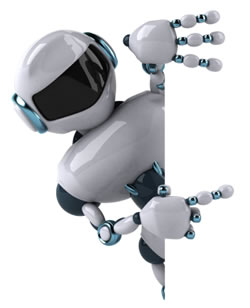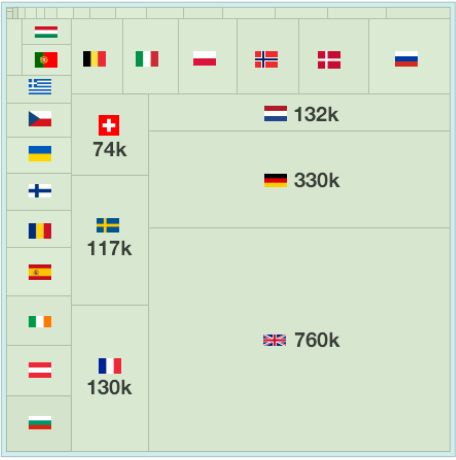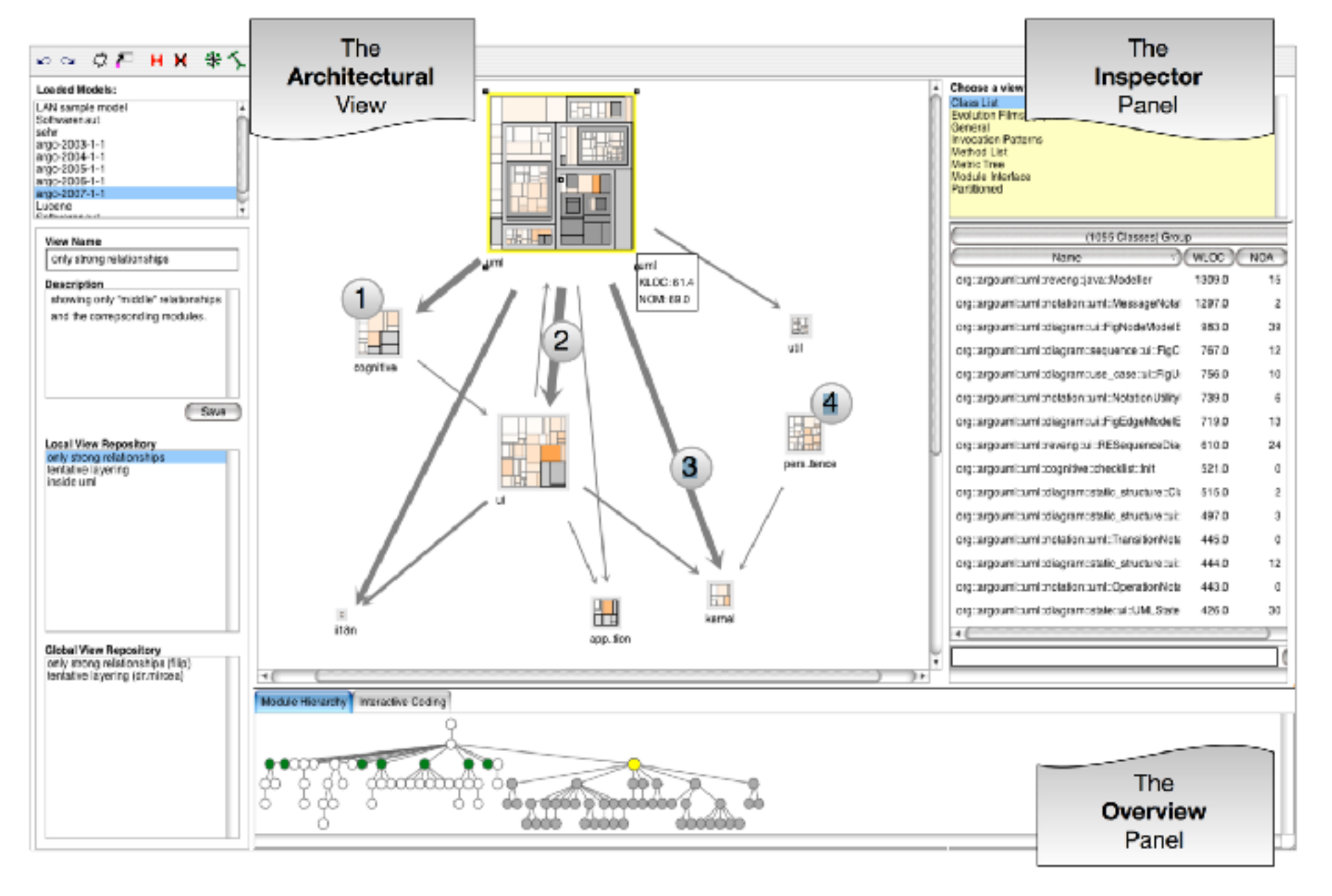📝 Analysis Bots

Our paper on analysis bots has been accepted to the ICSE NIER track. The paper is written from the perspective of software engineering researchers and for a software engineering audience. It argues that we must implement a platform where analysis bots compete to provide the most meaningful analysis results to practitioners.
📝 Polite Programmers, Use Sentence Case
JavaProgrammersUseCamelCaseToSeparateWordsInIdentifiers.
Pythonistas_and_others_use_underscore_in_their_identifiers.
Polite programmers can use spaces if they like.
The paper presents briefly some of the design decisions that went into Polite, our evolutionary mutation of Smalltalk that brings the language closer to natural language.
📝 Ubiquitous Monitoring Ecosystems
My favorite reviewer for this paper says:
“An unconventional idea for an ecosystem, which shows well that there are many more opportunities to benefit from the ecosystem idea, than the various industrial applications. The concrete examples of the platform and the applications make the ideas tangible and well understandable. I particularly like the discussions of the lessons learned”
📝 Mapping the Open Information Economy
 “A nobel prize is waiting for the one who visualizes the economy
of information” (Steward Brand, The Media Lab)
“A nobel prize is waiting for the one who visualizes the economy
of information” (Steward Brand, The Media Lab)
In this paper (pdf, Bibtex) we look at StackOverflow as an exchange market for software engineering knowledge. We learn among others that EU has more answers than the US but then, on the other hand, US has more reputation.
